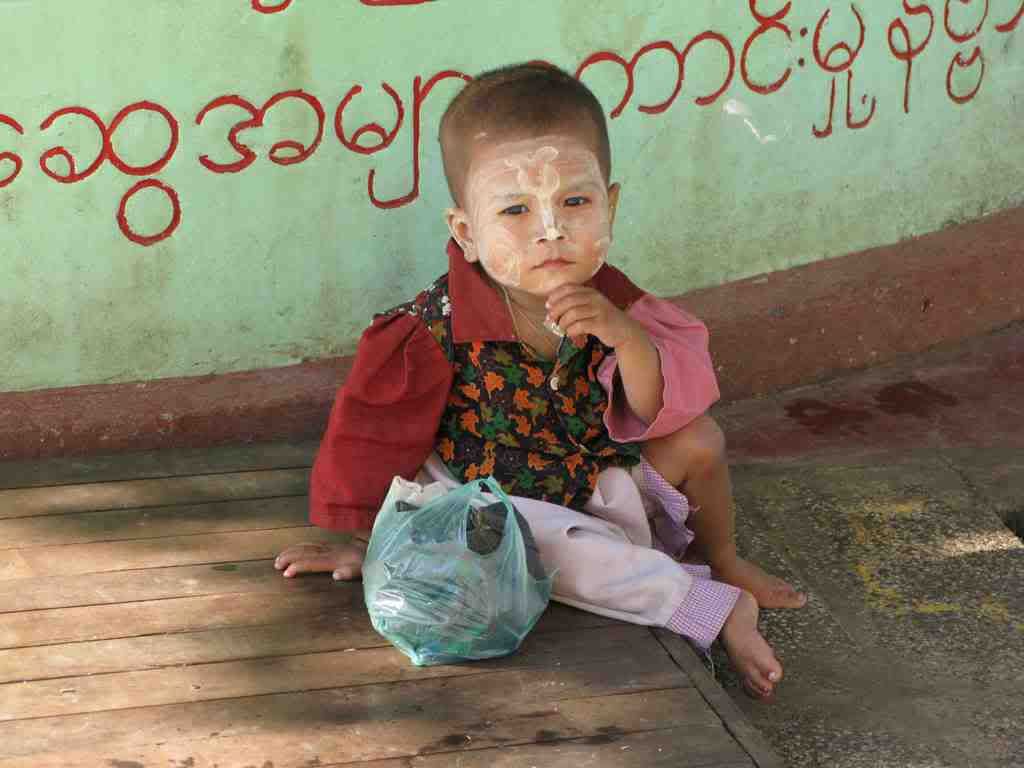 What's worse? A cholera epidemic that got out of hand due to government neglect, denial and incompetence, or the systematic adulteration of food and feed that was winked at by all levels of government? It depends on your point of view.
What's worse? A cholera epidemic that got out of hand due to government neglect, denial and incompetence, or the systematic adulteration of food and feed that was winked at by all levels of government? It depends on your point of view.Zimbabwe's government, let by Robert Mugabe, has a lot to answer for. After decades of neglect, the country's water and sewage infrastructure – once fully modern – has collapsed. The resulting cholera epidemic has claimed more than 500 lives and infected in excess of 12,000 Zimbabweans. And it has spilled into the neighboring countries of South Africa and Botswana.
China's melamine adulteration scandal, in contrast, cost 6 lives and sickened 294,000 infants – nearly 52,000 of them were hospitalized – as a result of the presence of high levels of melamine in Chinese dry infant formulas.
While the cholera epidemic is tragic, the disease is endemic in Africa and Asia. Periodic outbreaks happen – usually as a result of a natural or man-made disaster. The Zimbabwe epidemic might be the straw that topples Mugabe's government, but it won't have a lasting impact on the world economy.
Melamine, on the other hand, has changed the way in which China's trading partners view the safety and reliability of the country's food and feed exports. All over the world, countries large and small, rich and poor, developed and emerging, reacted to the melamine scare by closing their borders to Chinese dairy imports, removing those products from store shelves, and testing them for the presence of melamine.
As soon as the Chinese government – after initial denials – began to get a handle on the dairy problem, other shoes started falling. Melamine was reported in egg powder, animal feed, shell eggs, and even a chemical leavening agent. More borders were closed. More products were embargoed.
China now is faced with a serious credibility problem. The European Union, which already prohibited the import of milk and other animal products from China, now requires that all products from China that contain milk as an ingredient must be tested for melamine. And – after a French company reported finding melamine in a sample of soy meal – the EU also has banned soy-based foods from China that are meant to be consumed by infants and young children. All other soy-containing foods from China must be tested for melamine at the time of import.
Canada, a long-standing trading partner, hasn't quite closed its border to protein-based foods from China. But it now requires importers to sample and test:
- infant formula or baby food with milk ingredients sourced from China;
- Chinese food products derived from milk or containing milk-derived ingredients as one of the first three ingredients; and
- dairy ingredients and soybean meal from China destined for use in animal feed.
Last month, the United States issued an Import Alert advising border agents to detain without examination "... all milk products, milk derived ingredients and finished food products containing milk from China..." This de facto embargo puts the onus on importers to document the safety of each individual shipment. The US Food and Drug Administration also has opened an office in Beijing to work with Chinese officials on ensuring the safety and quality of food and drug ingredients and products destined for shipment to the United States.
From the Chinese perspective, a cholera epidemic might have been preferable to the melamine adulteration. At least cholera is easily treated, if one can deliver medications, clean drinking water and some basic health care to the afflicted population.
And cholera wouldn't have triggered the international after-effects that have resulted from the melamine scandal.





No comments:
Post a Comment
Note: Only a member of this blog may post a comment.